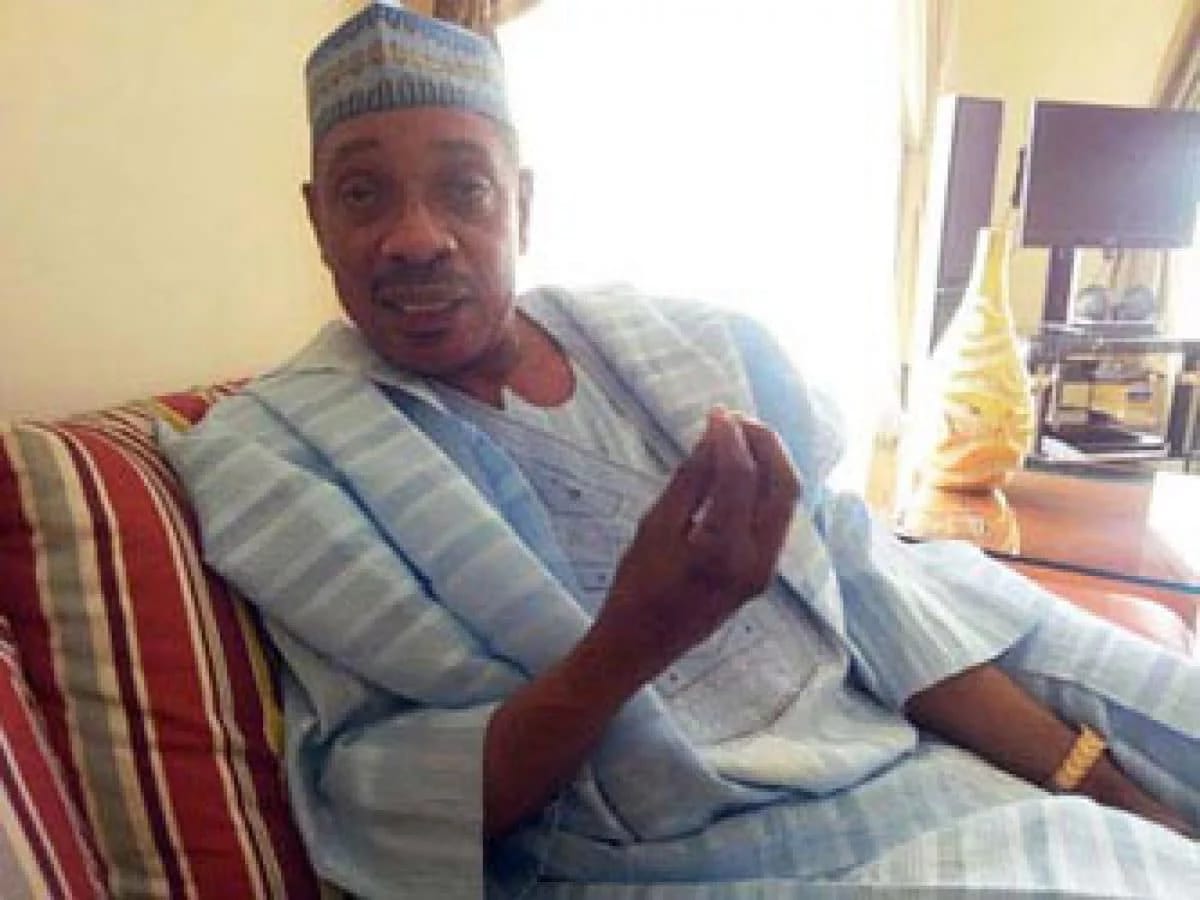Headlines
Nigeria’s Problems Go Beyond Parliamentary System – Tafawa Balewa

Tafawa Balewa shares his thoughts on why a parliamentary system won’t solve Nigeria’s problems, offering a unique perspective on governance challenges.
Abdul-Jhalil Tafawa Balewa, who aspired for presidency under the Peoples Democratic Party (PDP), has stated that a parliamentary form of governance is not a solution to address Nigeria’s existing economic and socio-political problems.
On Sunday in Lagos, Tafawa-Balewa voiced this statement during an interview with the News Agency of Nigeria.
In response to demands for a change from the presidential form of government to a parliamentary system, as a means to address the nation’s issues, he took action.
It should be remembered that Nigeria adopted the parliamentary form of governance, patterned after the British Westminster system, from 1960 until 1966.
Sir Abubakar Tafawa Balewa held the position of Prime Minister, whereas Dr. Nnamdi Azikwe was in charge as a symbolic head of state during this era.
Read Also: Nigeria’s Political Class Plagued by Envy, El-Rufai Claims Amid ₦432bn Corruption Allegations
I don’t believe that Nigeria should adopt a parliamentary system, however I do think our democracy needs to be adjusted in order to better reflect us.
The former presidential candidate stated that it would be too expensive and unwise to implement a completely novel approach in introducing something relatively new currently.
He believes that the nation should readily undergo restructuring to facilitate decentralization of authority from the central government to its federating zones.
According to the politician, implementing this would result in zones developing according to their unique strengths. This, he stated, would resolve a majority of the challenges faced by our country.
He added that the service industry could be a focus for the South-West, while the marine industry, manufacturing and commerce might be emphasized in the South East.
He suggested that the South-South region stick to producing petroleum derivatives, while the North focus on agriculture.
